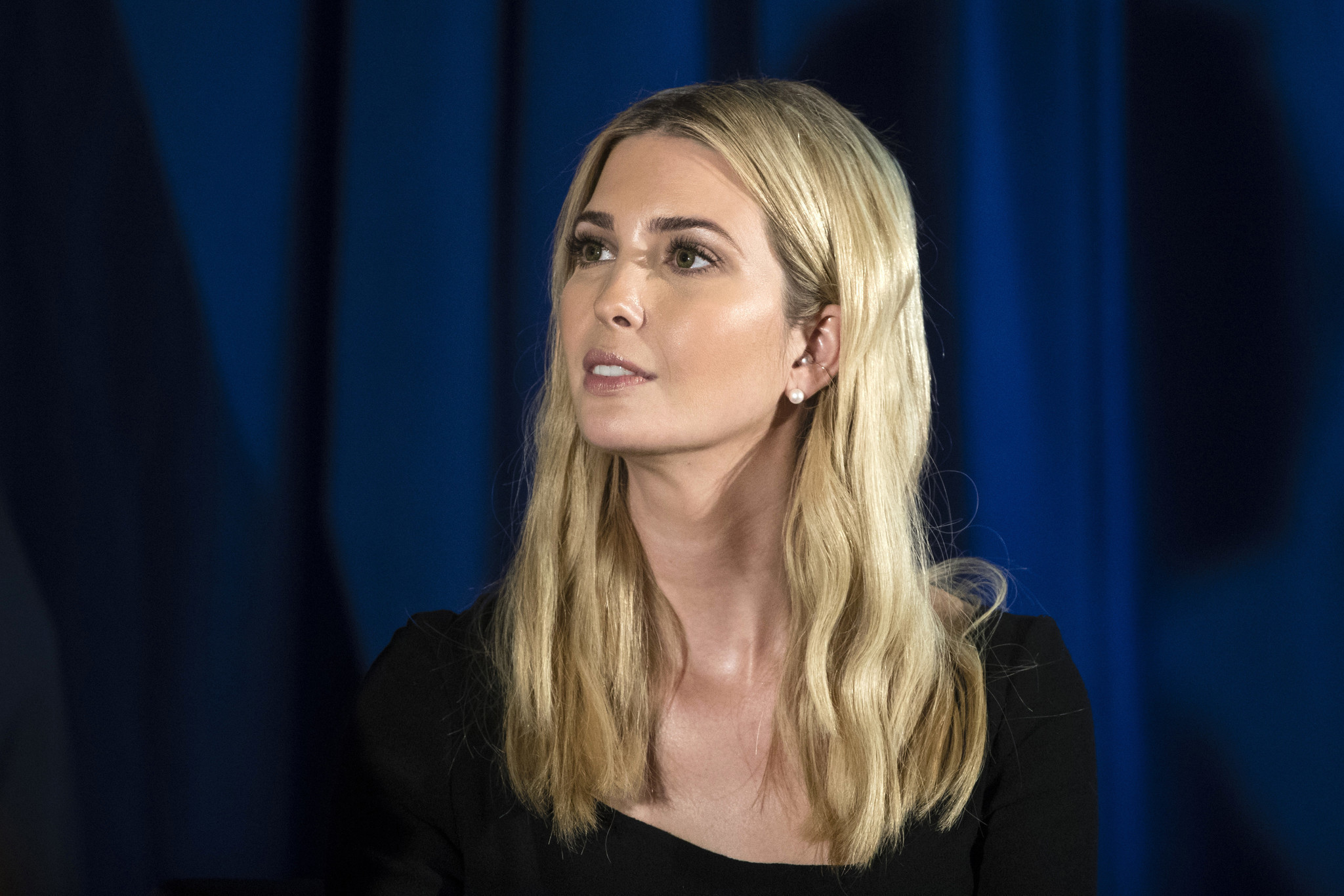On Tuesday, July 24, Ivanka Trump abruptly shut down her fashion line, which was founded in 2007 to provide affordable business attire for women in professional fields. The announcement dropped with little warning beforehand but was not entirely a shock to those following the company and its dealings.
The Trump line may have been in the process of expanding internationally to countries such as China, but sales numbers on their website and stores have been unstable, as a result of a trend related to President Trump’s election.
During an interview with Refinery 29, Abigail Klem, president of the Trump fashion company, praised the business for its unmatched success in sales during the months following the U.S. presidential election.
In February 2017, Nordstrom, one of the primary dealers of the Trump clothing line, decided to drop the line, citing the brand’s performance (a reference to declining sales) as its reason.
The president tweeted about the company’s decision, suggesting that Nordstrom was unjustly targeting his daughter, despite the company insisting they reached the decision based on performance policy rather than choosing sides in politics.
My daughter Ivanka has been treated so unfairly by @Nordstrom. She is a great person — always pushing me to do the right thing! Terrible!
— Donald J. Trump (@realDonaldTrump) February 8, 2017
Retweeted by the official POTUS Twitter account, the president’s tweet was seen as an inappropriate blur of lines between his position as president and bias as Trump’s father.
In March 2017, order growth from the company decreased by 288 percent. According to the Wall Street Journal, sales also dropped 45 percent in June 2018. Specific numbers are difficult to find because of the privacy of the Trump line, but multiple retailers — including Neiman Marcus, Belk, Shoes.com, ShopStyle and Gilt — distanced themselves from the company because of poor sales performance. Other companies, such as Macy’s, chose to drop the president’s clothing but not his daughter’s.
Although Nordstrom’s decision may not have been political, consumers did not shy away from keeping their politics close to their purses during the rise of #GrabYourWallet, a trending hashtag on Twitter that was popularized in 2016.
The movement, which hoped to raise awareness for making purchasing choices that supported or boycotted specific political figures and ties, hoped to send a message by choosing not to purchase from the Trump line. Supporters of the hashtag have since claimed their buying power attributed to the recent shutdown of the company.
We're in our 651st day of the #GrabYourWallet boycott, by the way, which means that it took about a year and a half to achieve our first big goal. When the stakes are high, set your targets there too. Then, be relentless.
— Shannon Coulter (@shannoncoulter) July 24, 2018
Another contributing factor to the quiet and sudden end to the fashion company was criticism over the gain Trump was set to earn because of her political power and position in the White House.
Some accused her of using the political platform to promote her clothing, and the more politically involved she became in her father’s campaign, the more her business practices were scrutinized.
In April 2017, Trump clothing was exposed as being manufactured in China, and in a factory with labor violations no less. According to a factory audit, employees were earning under the Chinese minimum wage and working as many as 82 extra overtime hours a month, which is more than double the legal overtime limit.
Ethical concerns aside, the decision to have clothing manufactured in China appeared to be a direct violation of the president’s strongly professed desire for everyone to purchase U.S. products and hire American workers.
Prior to the news, however, Trump had already separated herself from any management or involvement in her clothing line to focus on politics in the White House. After becoming an adviser to her father, she claimed to be completely uninvolved with her fashion company; therefore, she could not be held responsible for what happened.
Despite the tumultuous history leading up to the announcement of the company’s closure, Trump has provided only one reason for the decision.
In a statement to Page Six of the New York Post, she said, “After 17 months in Washington, I do not know when or if I will ever return to the business, but I do know that my focus for the foreseeable future will be the work I am doing here in Washington, so making this decision now is the only fair outcome for my team and partners.”
From celebrations of the power of consumer choice and anger that political partisanship may have ruined her brand, mixed reactions followed the announcement. But there is some good news for anyone disappointed by the decision: fans of the Trump clothing style may benefit from numerous items being on sale in the near future.

















